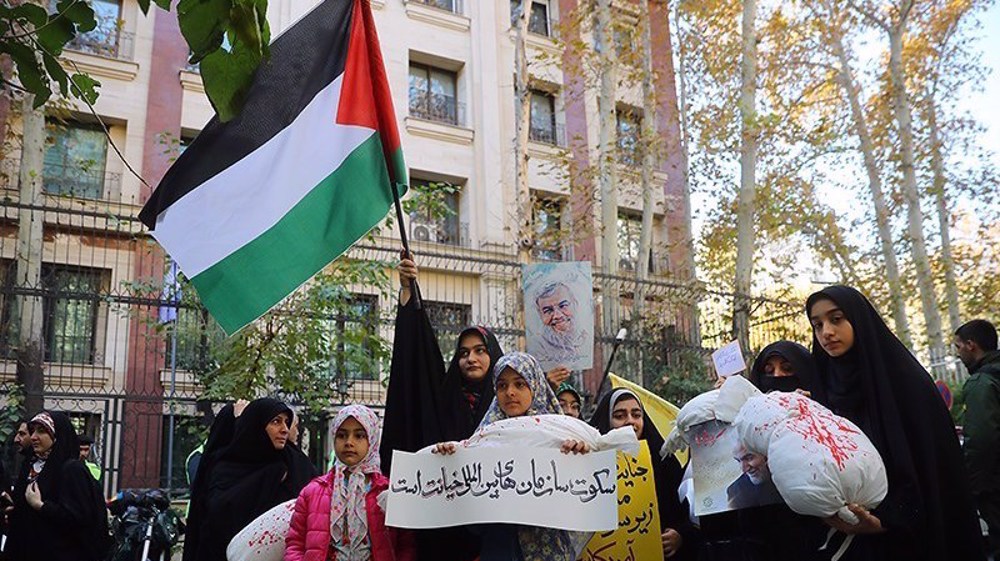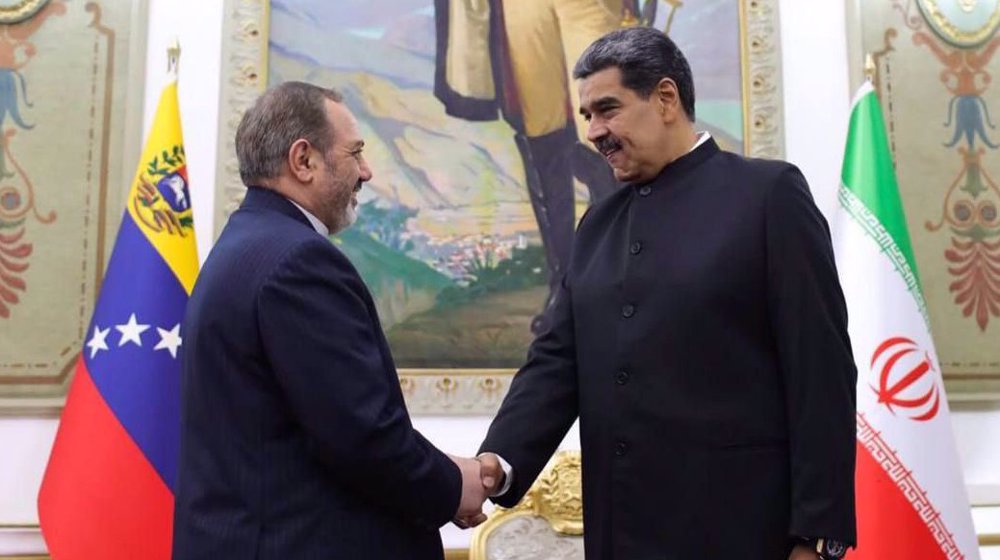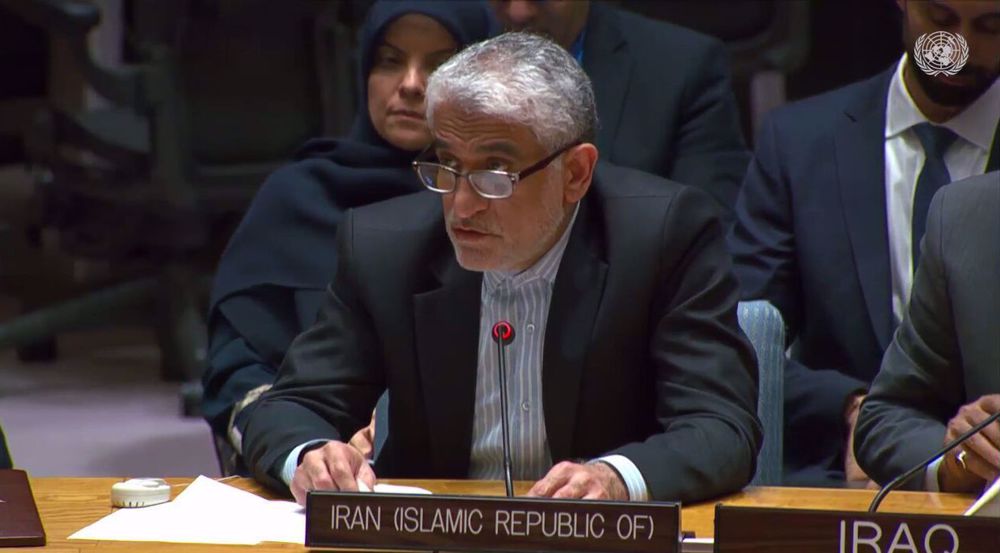Iran drug combat efforts benefit entire world: Larijani
Iran’s top human rights official says all countries across the world will benefit from the Islamic Republic’s anti-drug trafficking efforts.
Iran takes into consideration all adverse consequences of drug trafficking, Mohammad Javad Larijani, the secretary general of Iran’s High Council for Human Rights said in a meeting with Zeid Ra’ad Al Hussein, the UN High Commissioner for Human Rights, in the Swiss city of Geneva on Friday.
“The battle against drug smugglers is a serious issue in Iran that should be heeded at an international level because the whole world will in practice benefit from the fight,” Larijani added.
Despite high economic and human costs, the Islamic Republic has been actively fighting drug trafficking over the past three decades.
Iran has spent more than USD 700 million to seal the borders and prevent the transit of narcotics destined for European, Arab and Central Asian countries. The war on drug trade originating from Afghanistan has claimed the lives of nearly 4,000 Iranian police officers over the past 34 years.
In December 2015, Iranian Interior Minister Abdolreza Rahmani Fazli and the United Nations Office on Drugs and Crime (UNODC) Executive Director Yury Fedotov signed an agreement in the Austrian capital of Vienna to fight the flow of narcotics into Iran from neighboring countries, mainly Afghanistan.
Iran, which has a 900-kilometer common border with Afghanistan, has been used as the main conduit for smuggling Afghan drugs to drug kingpins in Europe.
Larijani further said Iran and the OHCHR have always maintained positive cooperation and called for enhanced mutual interaction.
Hussein, for his part, said Iran lies on the front line of fight against the scourge of drugs.
He expressed his keenness to pay a visit to Iran and hold talks with judicial and human rights officials of the country.
The UN human rights chief expressed regret over ongoing deplorable situation in the Middle East and consequences of war and violence in the region.
He said the UN plans to examine problems created for refugees, who are mainly Muslims from Middle East states, and to protect the rights of refugees and minorities in Europe.
Thousands of refugees, mostly fleeing war and poverty in the Middle East, are trapped in Greece, which has been the main gateway for refugees into wealthier European states.
The exodus has prompted several EU states as well as the Balkans to impose restrictions on their borders.
The United Nations and other world organizations say the refugee crisis in Europe is quickly turning into a humanitarian disaster, calling for the implementation of a relocation plan for thousands of stranded refugees.
Iranians protest against Israel after Netanyahu ICC warrant
Germany undecided on complying with ICC arrest warrants for Israeli war criminals
VIDEO | Former FBI agent criticizes US Congress for 'outright corruption'
IRGC chief urges Muslim countries to cut aid routes to Israel
'New chapter in cooperation': Iran, Venezuela sign new MoUs
Jordan sentences former lawmaker for supporting Palestinian resistance
Basij volunteer forces hold massive drills in southwestern Iran
Israeli war criminals 'not welcome', US city says after ICC ruling










 This makes it easy to access the Press TV website
This makes it easy to access the Press TV website